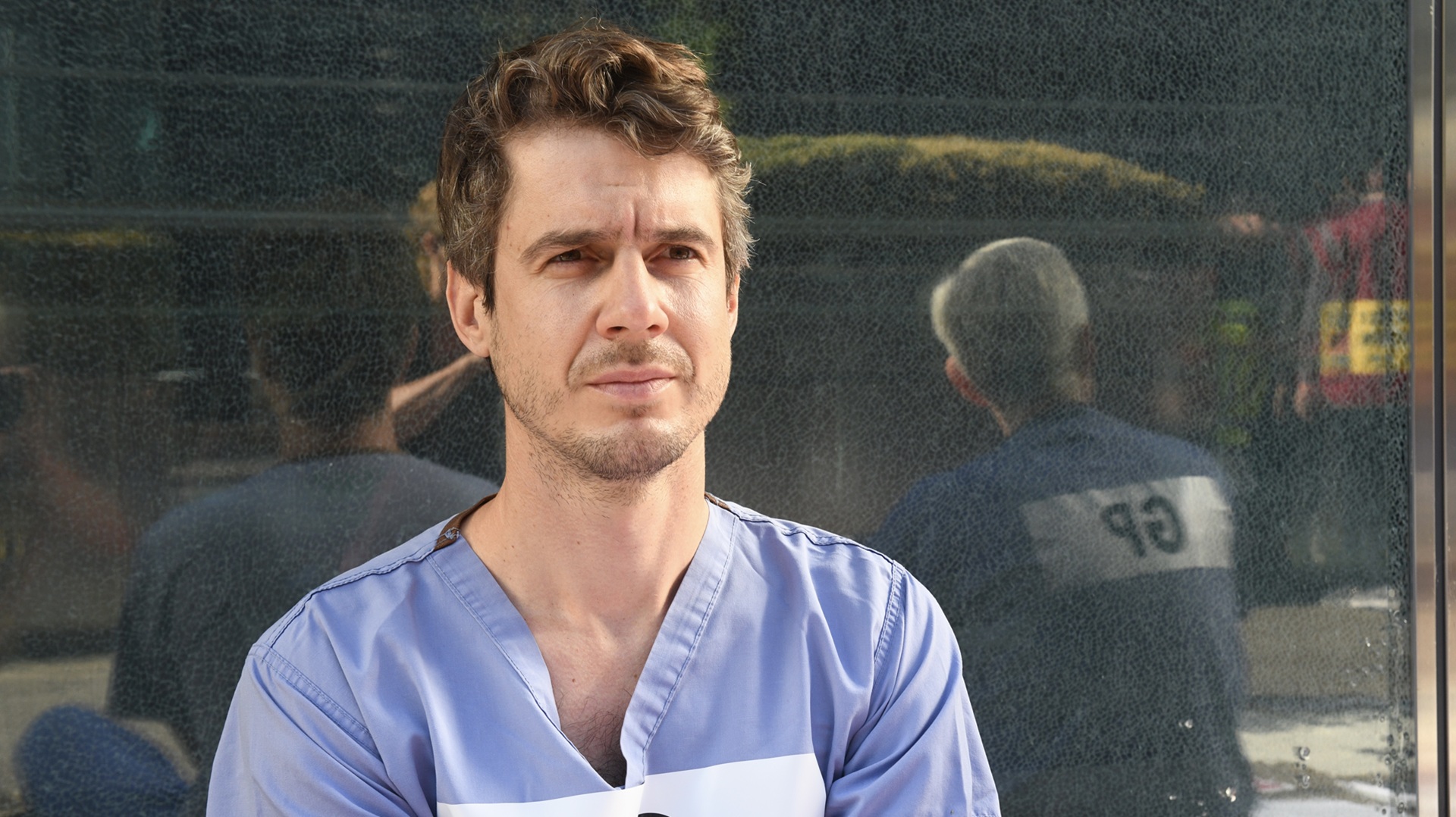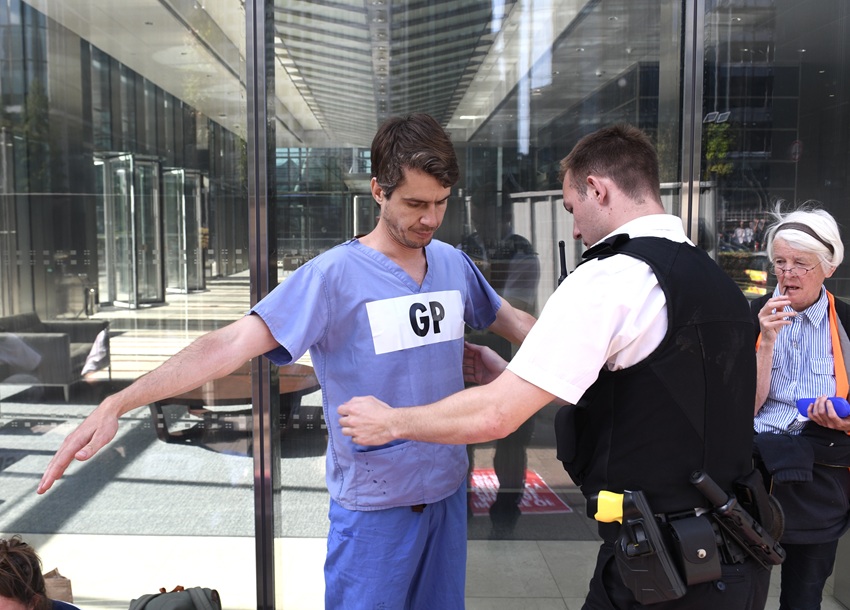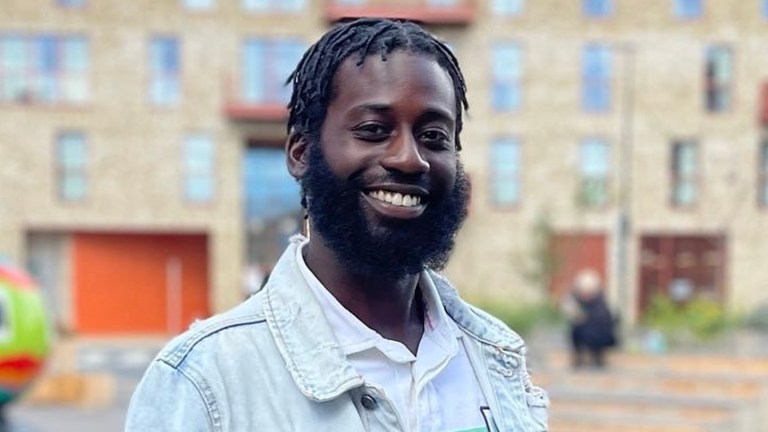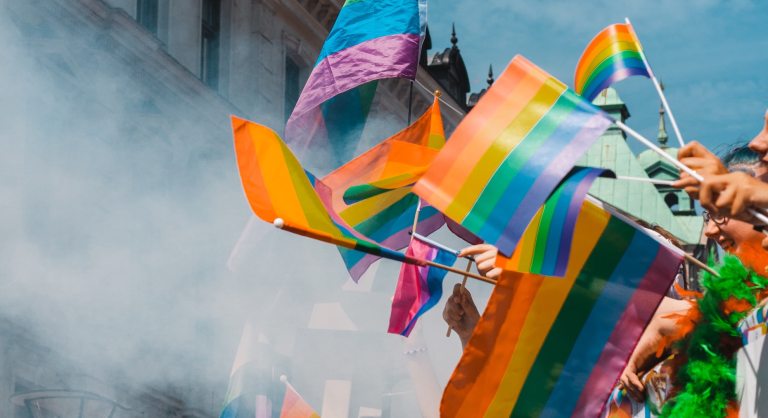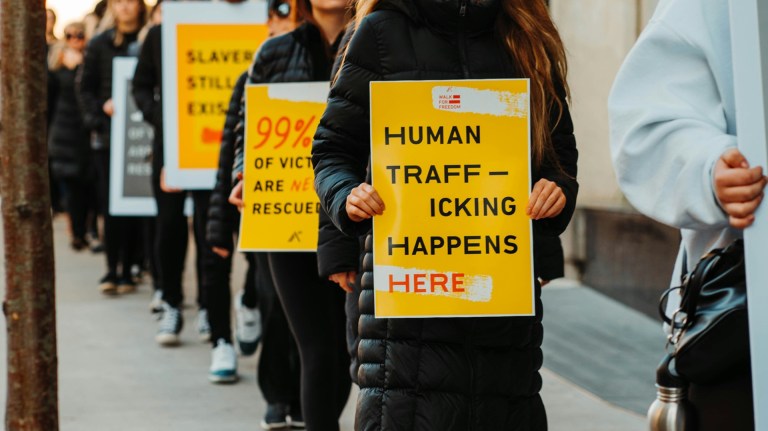On 7 January 2025, well-respected GP Dr Patrick Hart, was sentenced to a 12-month custodial sentence, becoming the first practicing British GP to be jailed for climate activism.
I first met Patrick in 2018 during the Extinction Rebellion protests in London, when a group of healthcare workers came together under the name “Doctors for Extinction Rebellion” (now Health for Extinction Rebellion) because of our concern around the health impacts of climate change. Patrick first became aware of its devastating health impacts while working in drought-torn South Africa as a junior doctor – his memory of treating children with severe malnutrition was strong, and he felt it was under his duty as a doctor to try and prevent that from happening to others. However, protest was something new for him – in his own words, he wasn’t the kind of person who had been involved in activism before, let alone knowingly broken the law. But, Patrick was so concerned about the climate emergency – like we’re seeing play out now with extreme fires in LA, and he’d tried so many other avenues like writing to his MP which never seemed to lead to any change, that he felt this was the path he must take.
The protest and sentencing
In August 2022, during a Just Stop Oil demonstration, Dr Hart used a glass-break hammer and orange paint to disable 16 petrol pumps at an Esso service station on the M25 near Thurrock, Essex. He then gave himself up for arrest. The action was protesting the ongoing extraction and use of fossil fuels by major corporations like Exxon Mobil, which owns Esso and has a controversial history – infamously concealing the findings of its climate scientists. The damage was estimated at around £10,000 and, as a result, Dr Hart was found guilty of criminal damage.
‘An act of conscience and care’
Dr Hart has always emphasised that his protest was a deliberate and morally driven decision.
He said: “I believed then, and I believe now, that what I did was right. It was the considered action of a responsible citizen acting out of conscience.”
He further explained that his disruption was an act of care aimed at protecting public health from the catastrophic impacts of the climate crisis.
